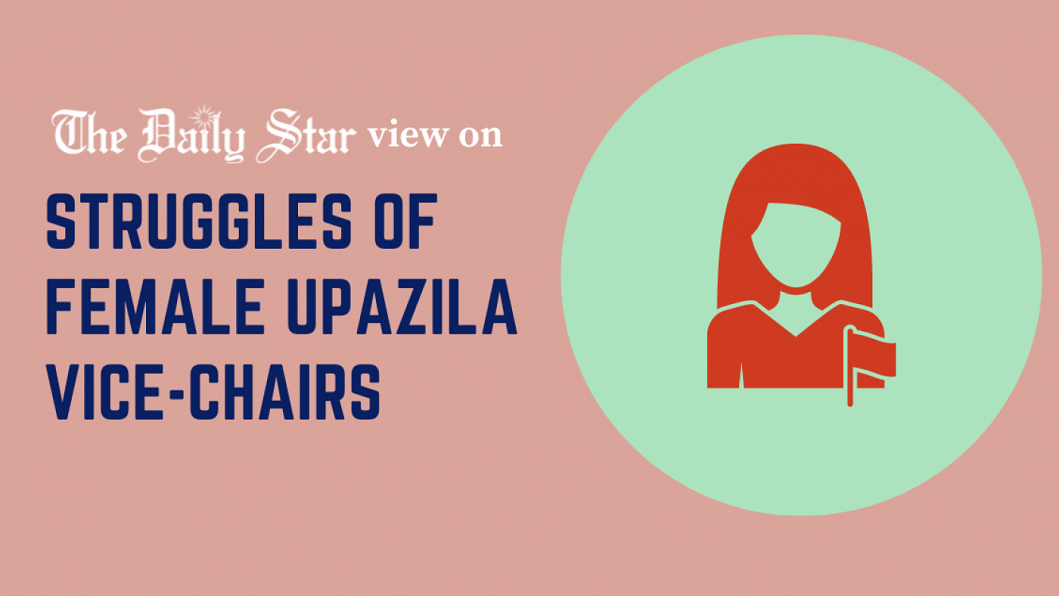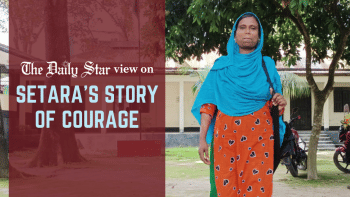Women's political inclusion shouldn't be reduced to tokenism

Even though the position of a female vice-chairperson at the local government level was created to ensure at least one-third representation of women in all elected posts, their appointment remains a cosmetic exercise, as they are often sidelined in the administrative process. These public representatives have often expressed their frustration about the obstacles they face in terms of development work and other activities, but their calls have been falling on deaf ears. Reportedly, they continue to be neglected at the policymaking stage, and in many cases, are unaware of their responsibilities themselves. It may appear that they have no role to play in the developmental activities of an upazila at all. This is quite frustrating at a time when Bangladesh as a nation is striving for women's empowerment and gender equality.
The problem at the local government level seems to be a deep-seated patriarchal mindset that is still at play there. At a views exchange meeting recently, female vice-chairmen complained that they have no role in decision-making regarding project implementations, even though sometimes they are elected with more votes than their male counterparts. Sometimes, they said, female representatives do not get much help from their male colleagues and are isolated instead. For example, not long ago, a vice-chairperson who heads several committees and forums on women's rights had commented that her decisions were not "evaluated" while policies were made. It is saddening to see the plight of women otherwise known as "powerful", because of their elected position, who, in reality, have to struggle to exercise the very power that they were elected to exercise.
Therefore, we urge the authorities to take urgent steps to rectify this disparity if they truly care about the representation of women at the local government level. True empowerment cannot be ensured through tokenism, and female vice-chairmen stand as living proof of that. Women currently face too many obstacles, from participating in education to participating in politics. When they try to enter into politics, they are often met with violence and character assassination. One may recall the case of a female Zila Parishad member candidate who, several months ago, was raped at gunpoint in Bagmara upazila's Mahmingram village so that she would not compete in the elections.
These types of incidents should be stopped from ever happening again. Women's participation in politics is crucial to improve the imbalance in our political system where men seem to hold all the power, even though some top positions are held by women. We must make sure that the positions allocated for women at the local government, and even at the central government, do not remain simply ornamental. These positions should not just be tokens of female participation. These must be true bastions of female leadership where women can truly play a role in the development of our society.


 For all latest news, follow The Daily Star's Google News channel.
For all latest news, follow The Daily Star's Google News channel. 






Comments